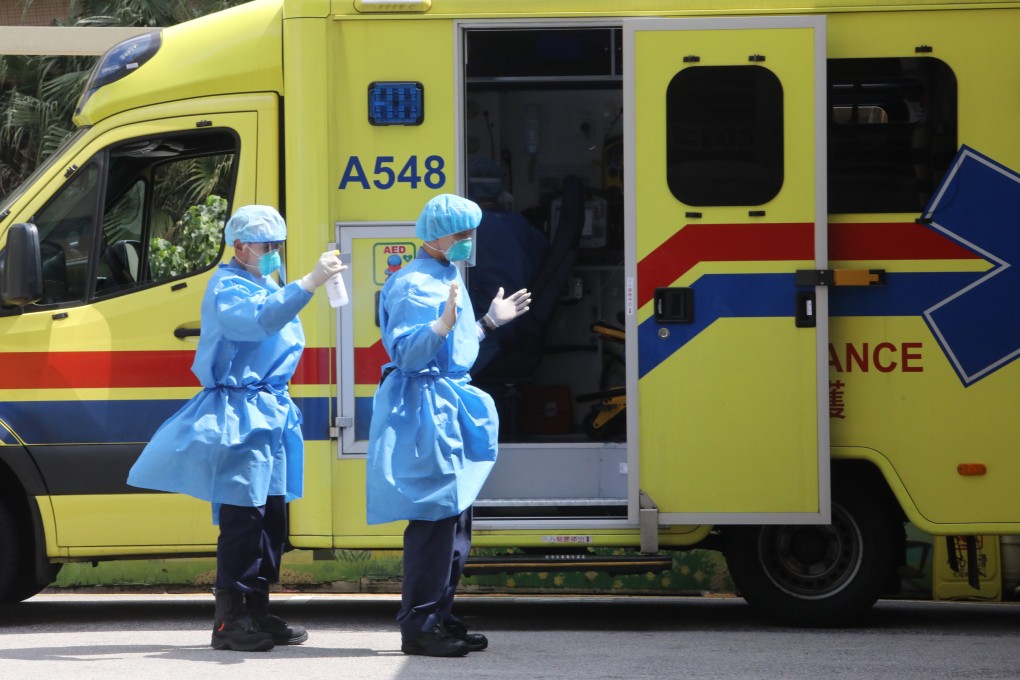Opinion | When reading news on Covid-related deaths, remember three rules
- While the rising number of deaths has caused anxiety, it’s important to differentiate chronology and correlation from causation and to remember that an event may be the result of multiple factors

Psychologists have long pointed out that when something bad happens, we humans have a natural tendency to find explanations for why it happened. This is known as causal inference, and is beneficial, as it gives people a sense of control over a complicated world.
By drawing inferences about cause and effect, we can understand the past, predict the future and change our actions to affect the future. Indeed, pioneering computer scientist Judea Pearl argues that the biggest reason mechanical robots cannot achieve human-level intelligence is their lack of understanding of cause-and-effect relationships.
However, our irresistible urge to draw causal inferences can come at the cost of accuracy. Often, we oversimplify situations to make quick causal judgments, especially when information is limited. To prevent incorrect causal inferences when reading Covid-19-related news and to minimise unnecessary panic, people should follow three rules.
First, mere chronological order does not imply causation. While cause must occur before effect, the fact that A happens before B does not establish that A causes B. Think about “Phoebe’s curse” from the American television sitcom Friends: Phoebe refuses to go to the dentist because every time she does, somebody she knows dies.
She concludes that her going to the dentist will kill someone, but the truth is the two events coincidentally happened one after the other. Similarly, when interpreting deaths reported following Covid-19 vaccination, we should ask ourselves, “Did the person really die from the vaccine or coincidentally from concurrent diseases?”

